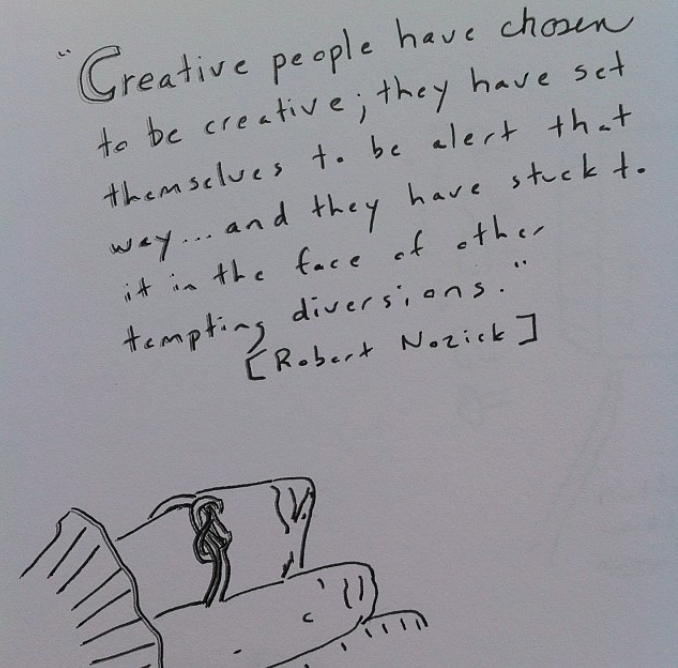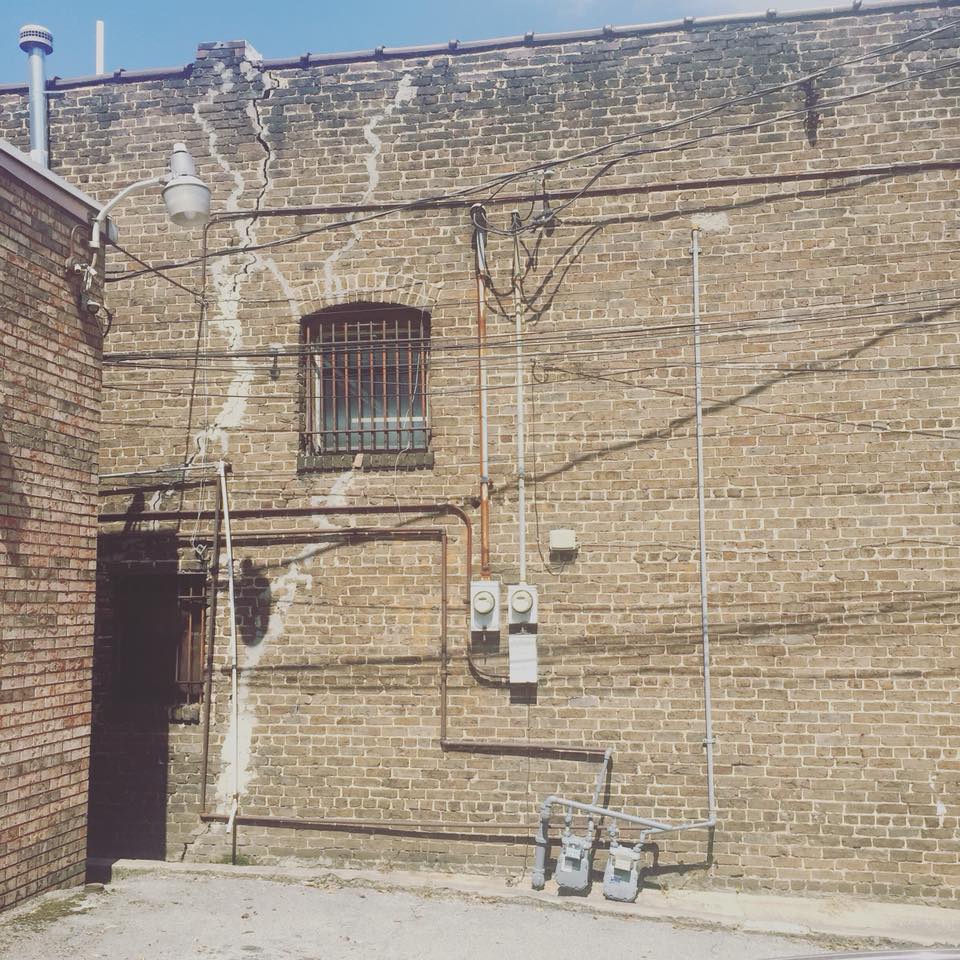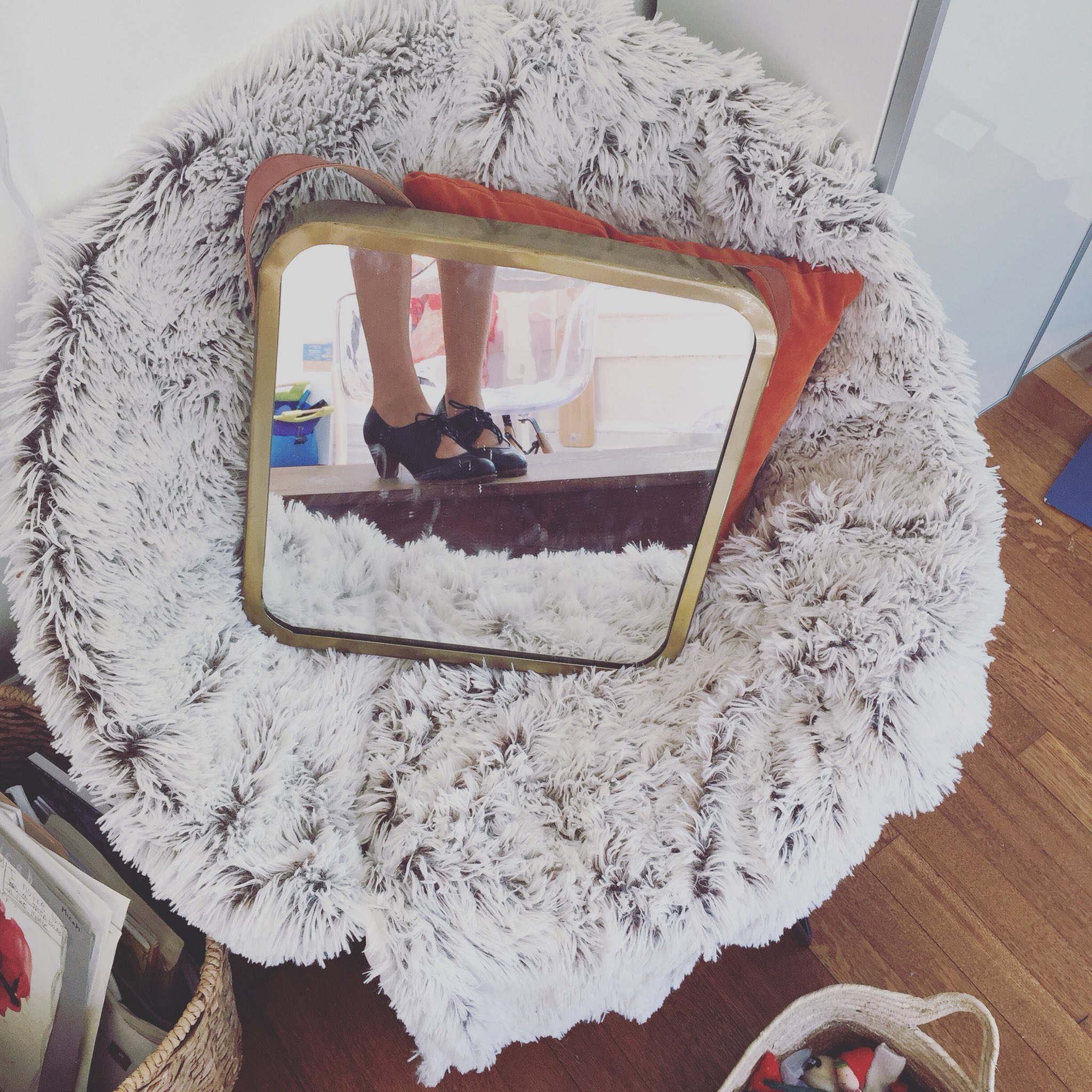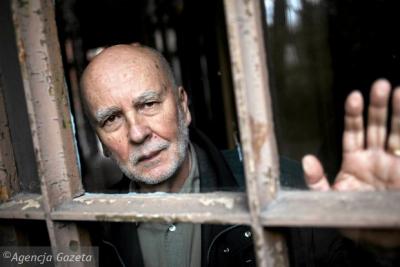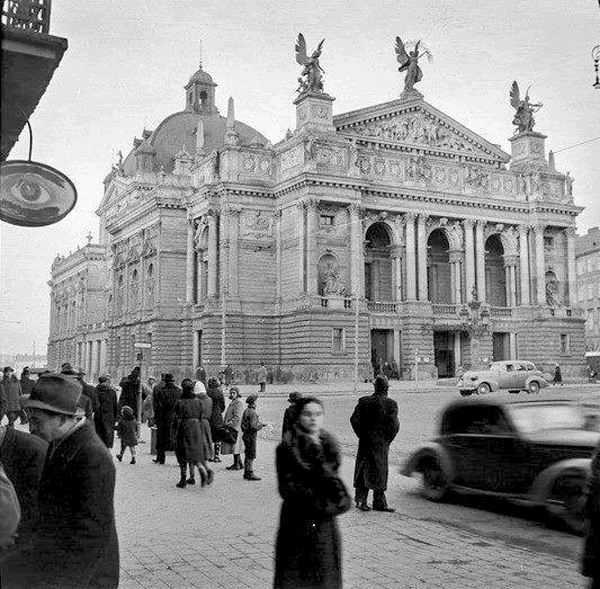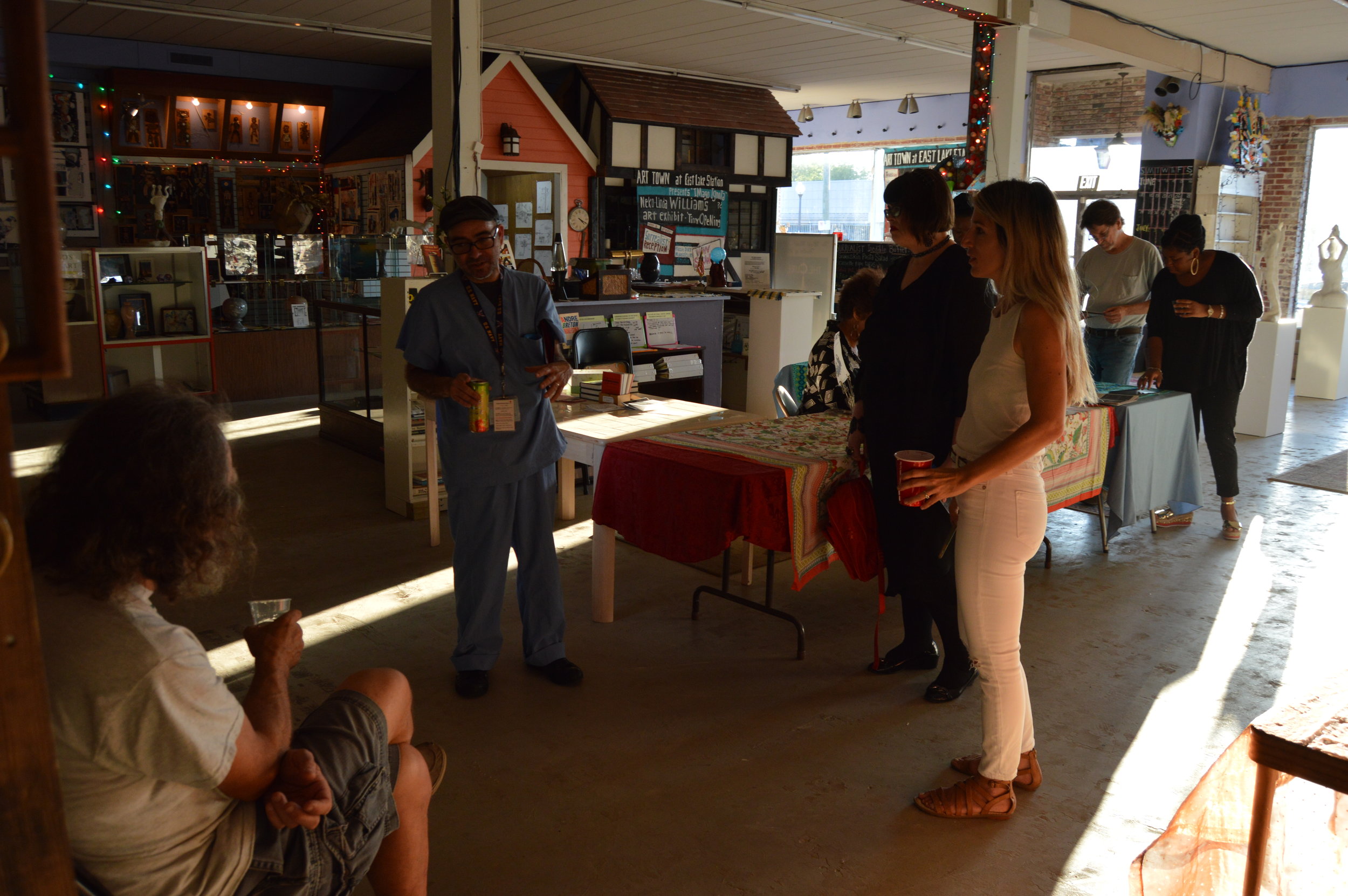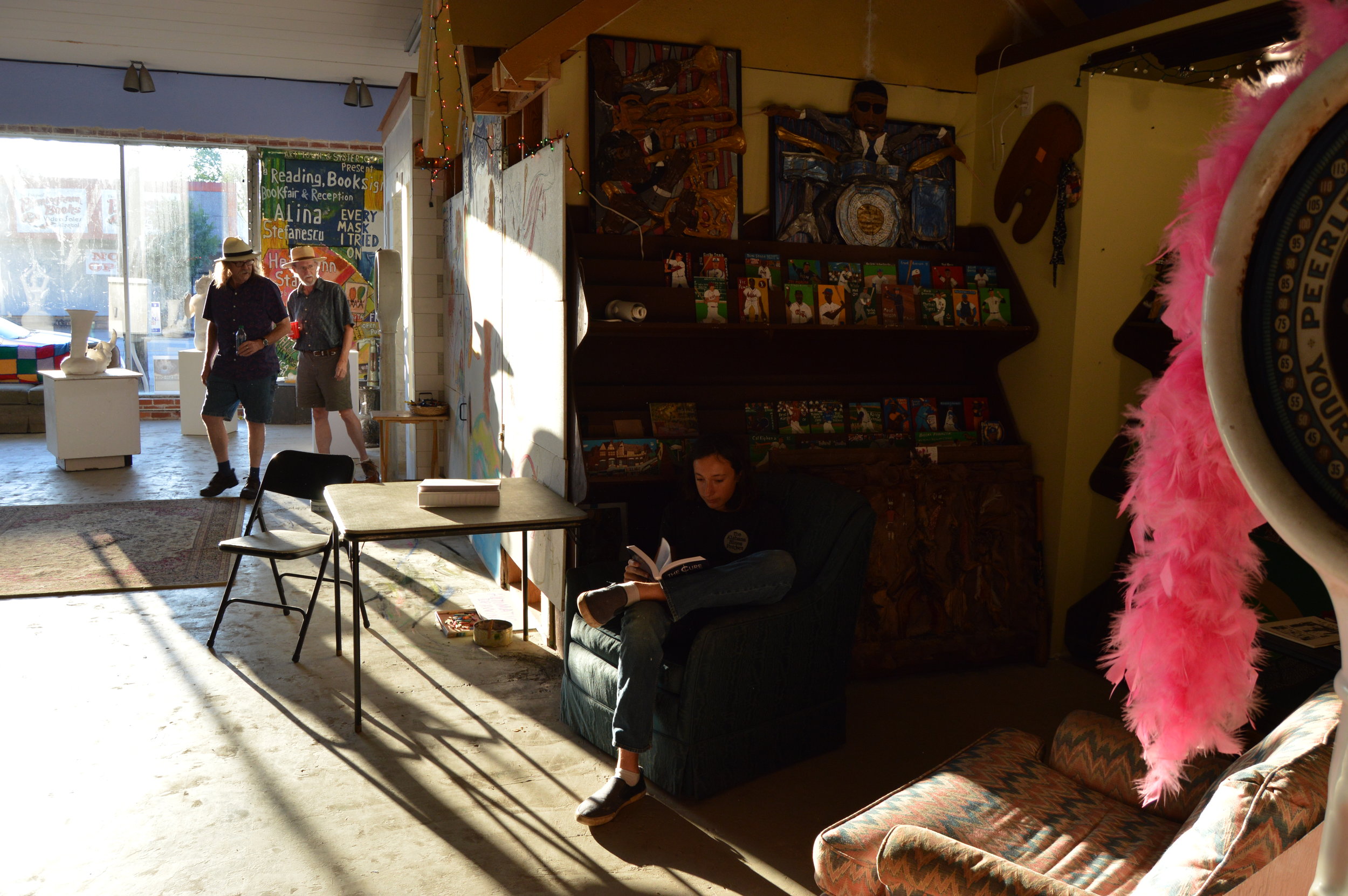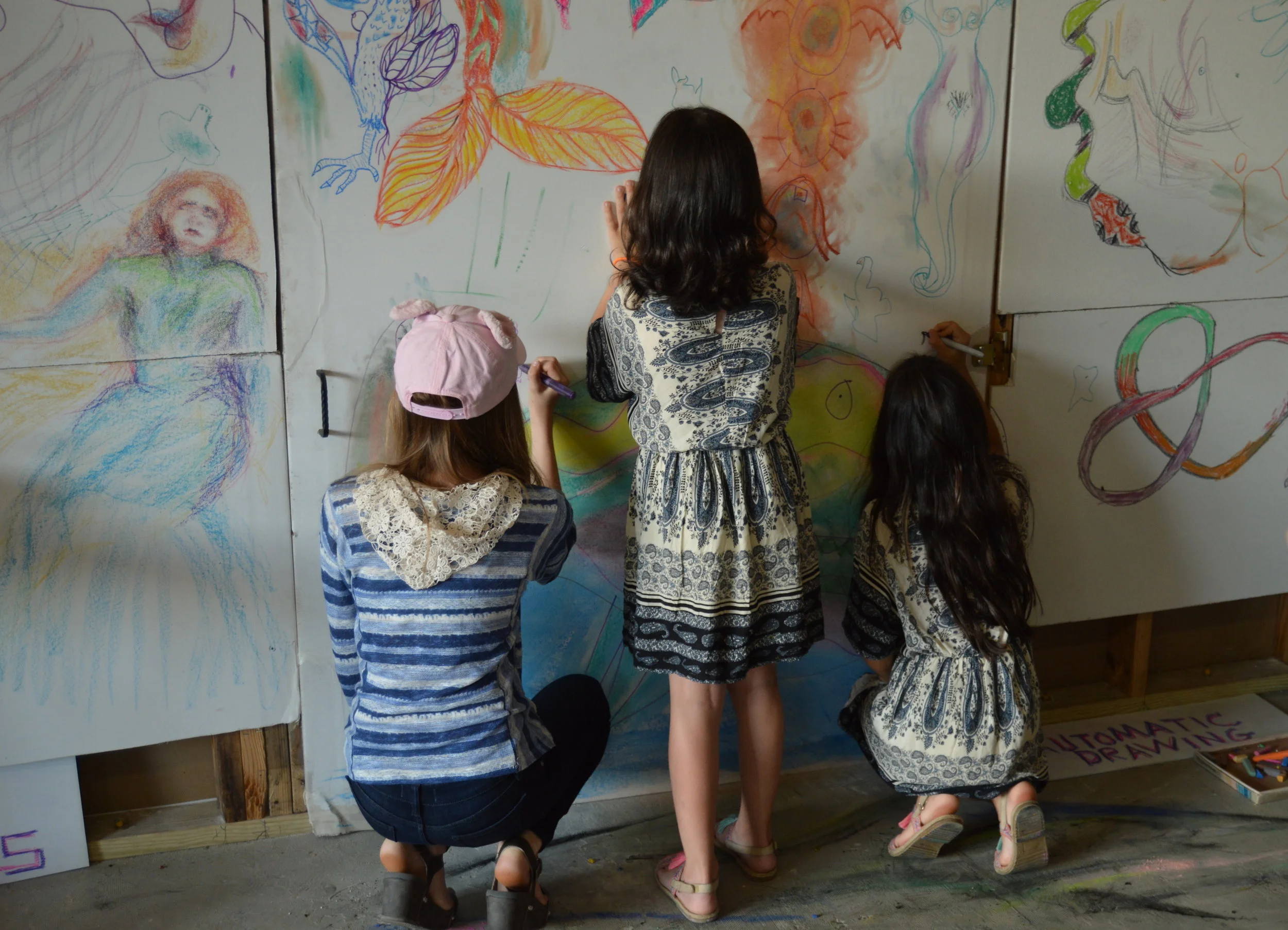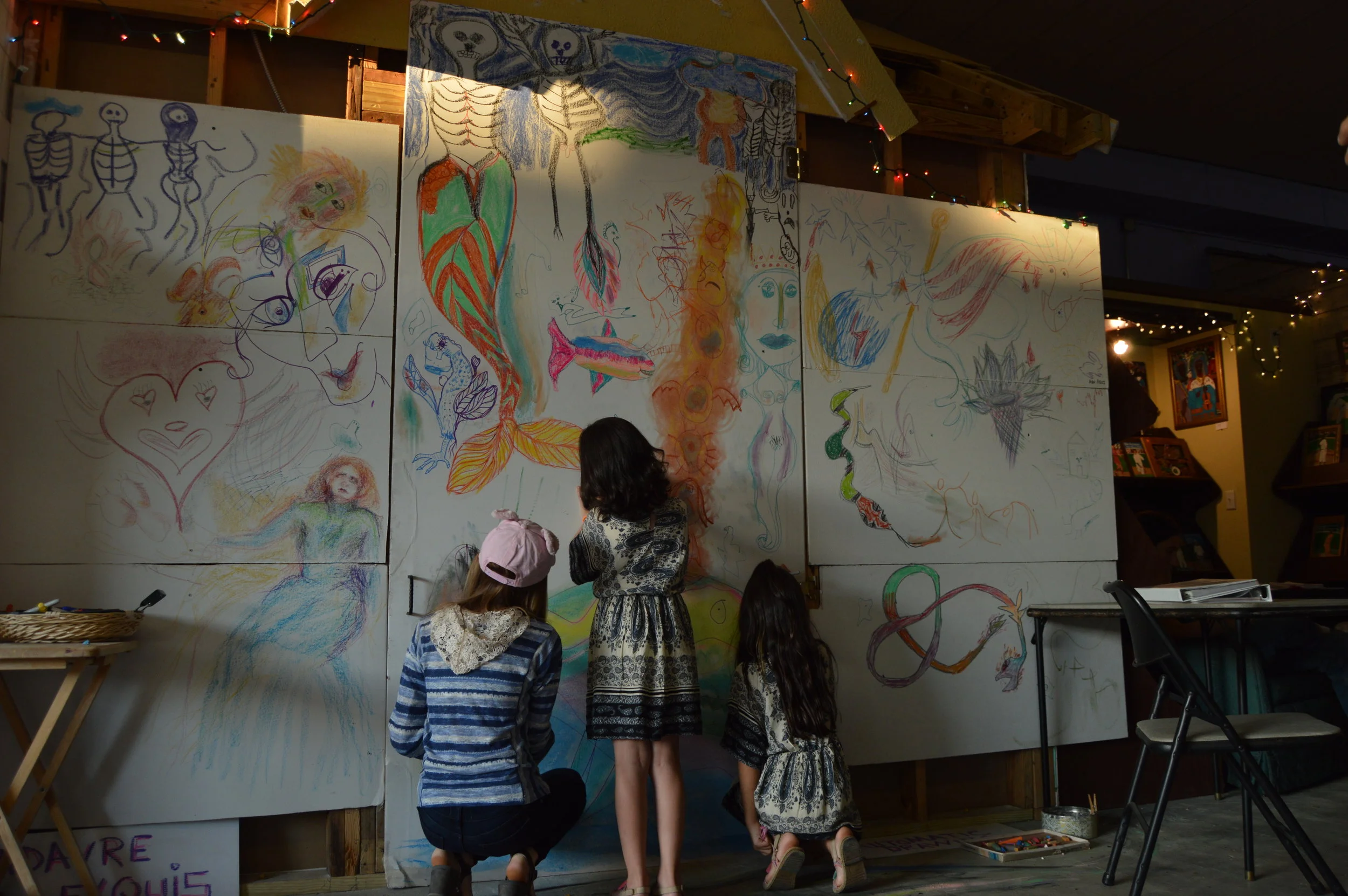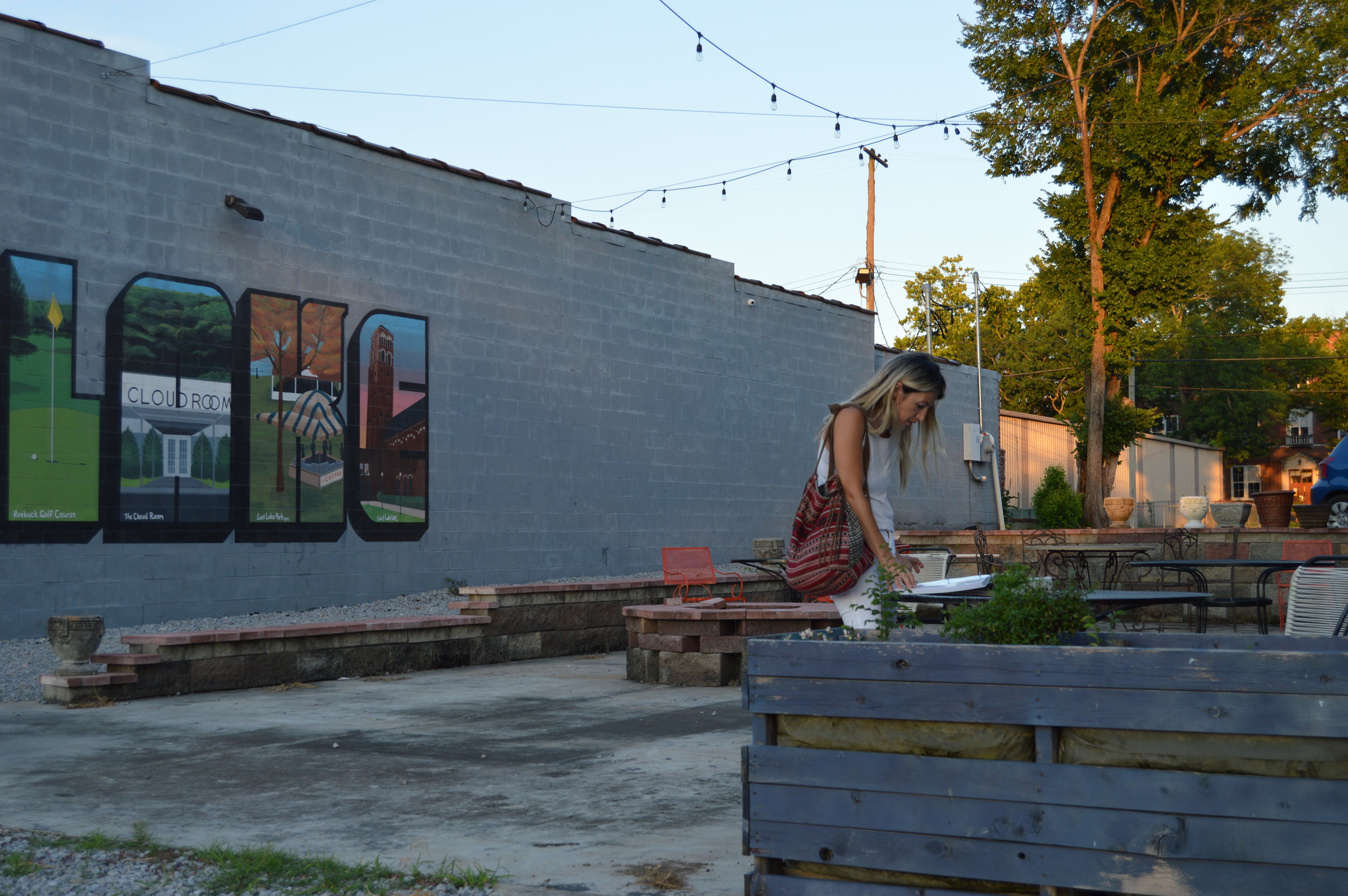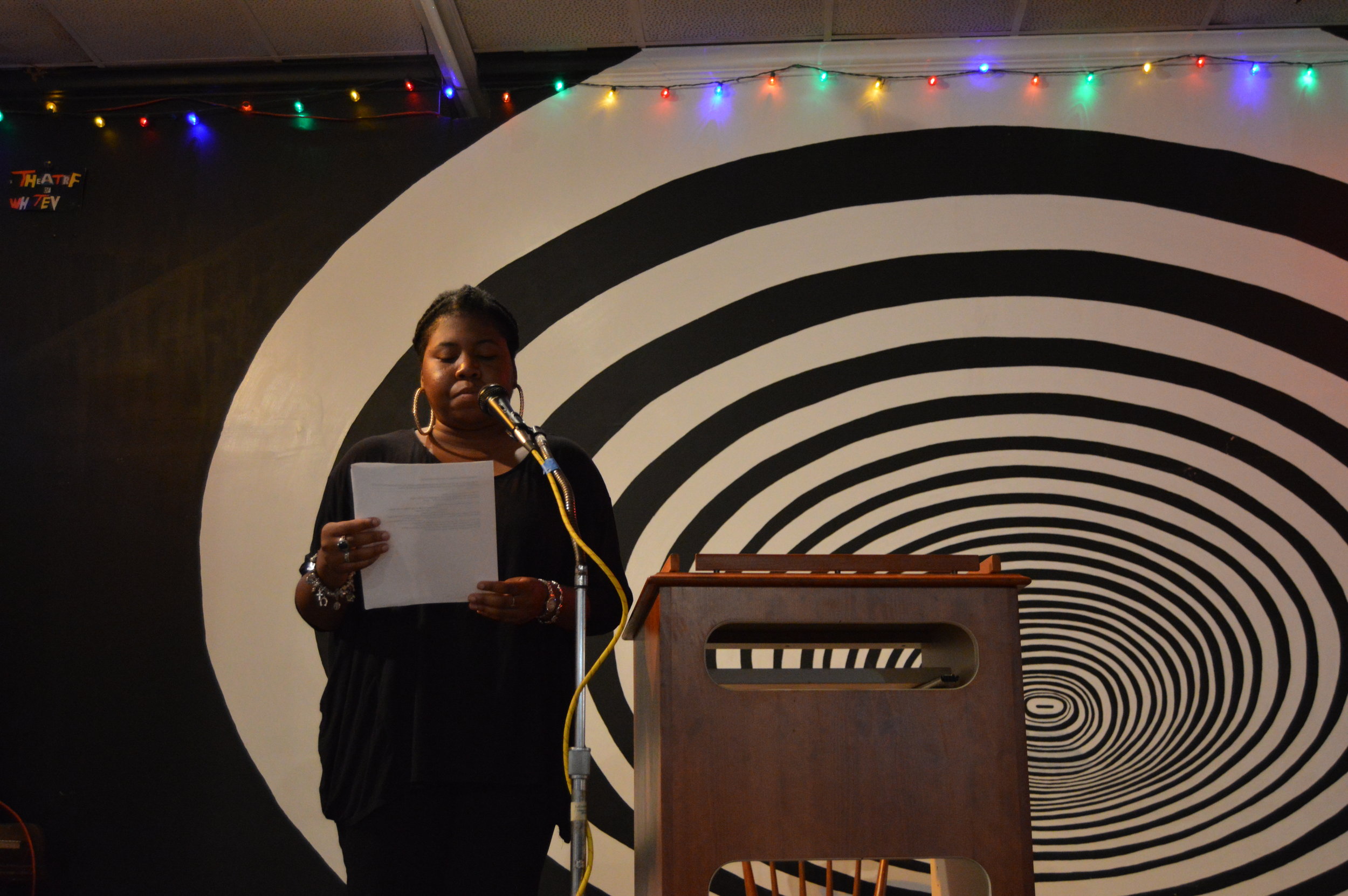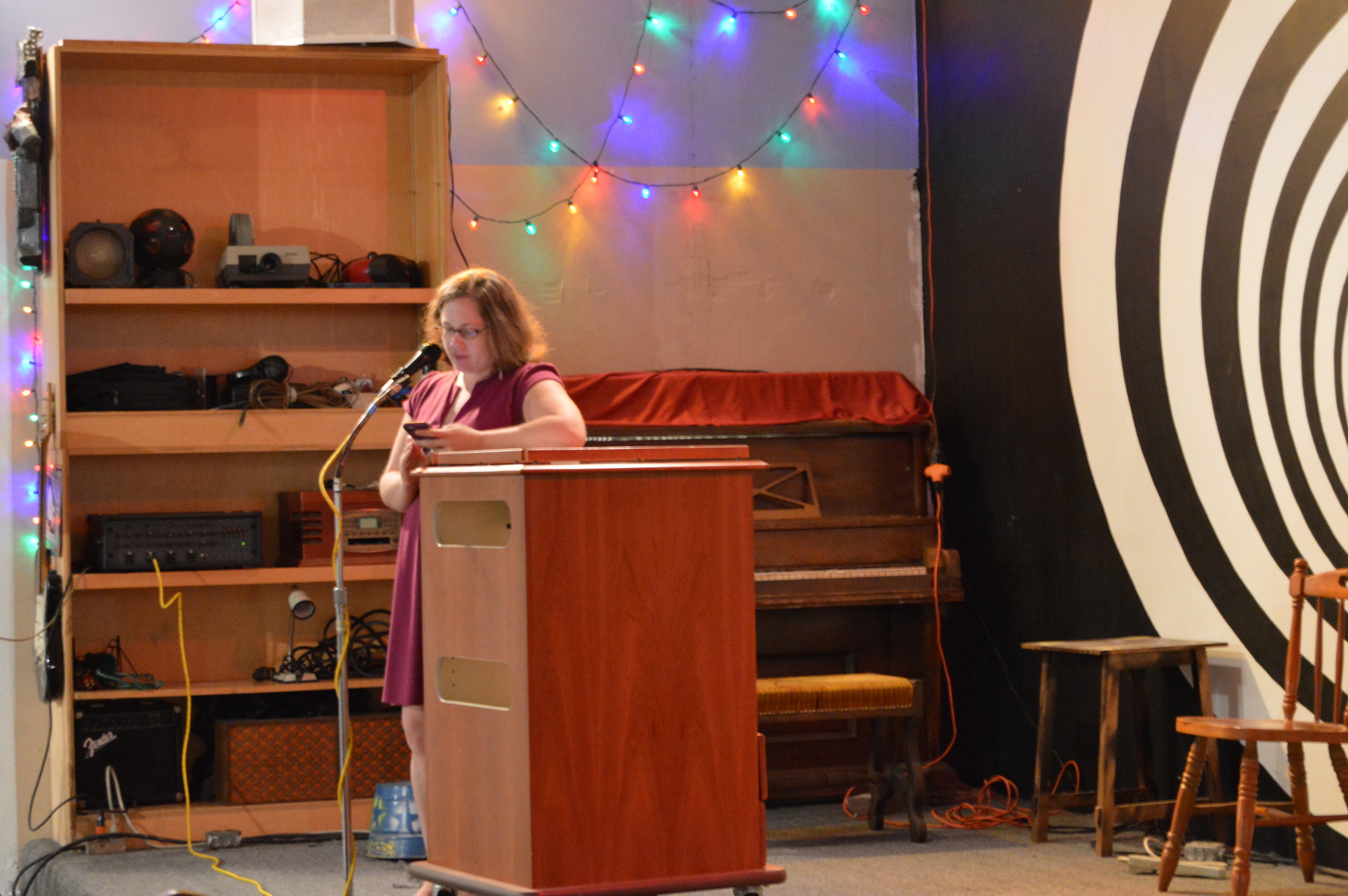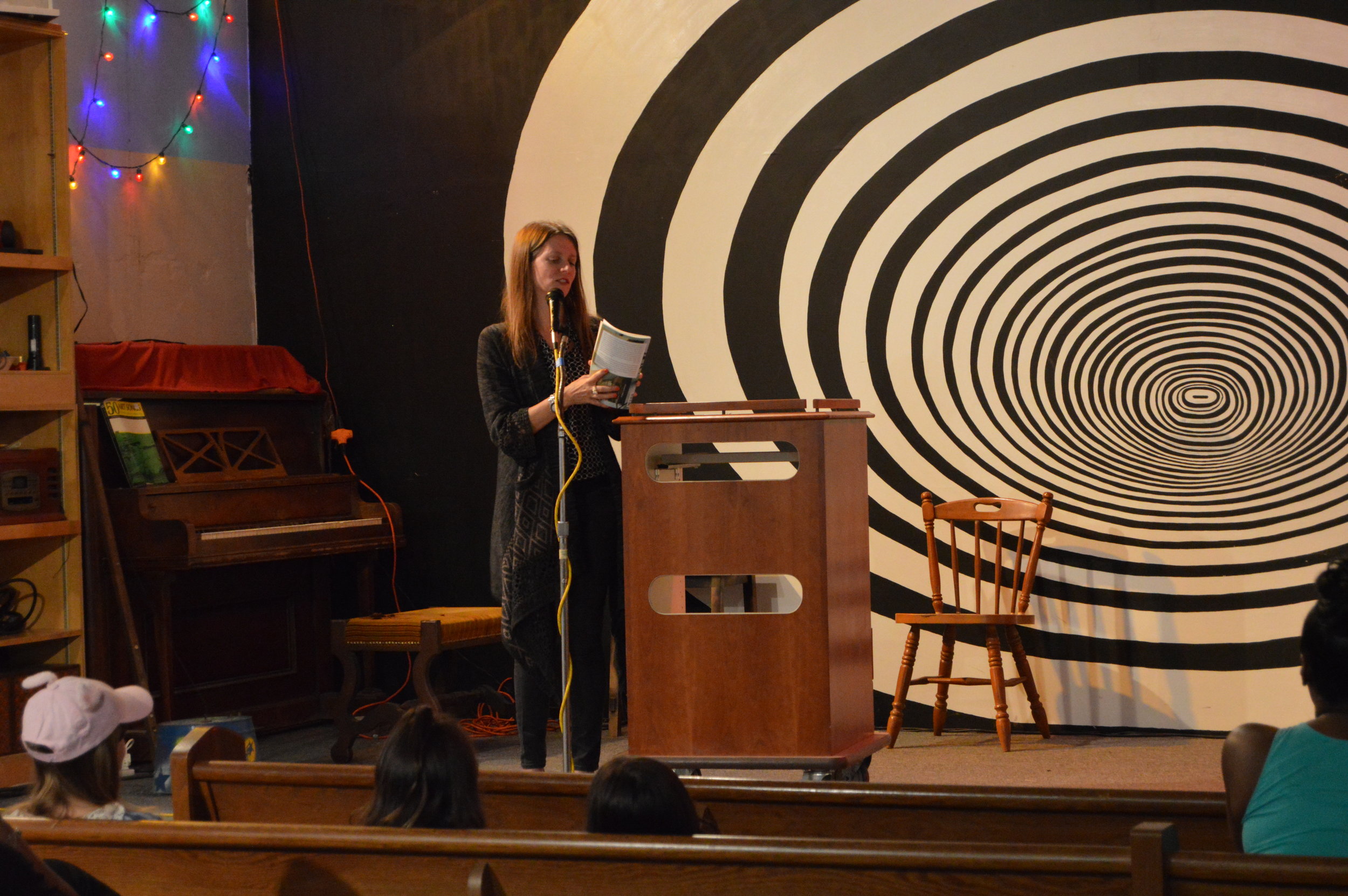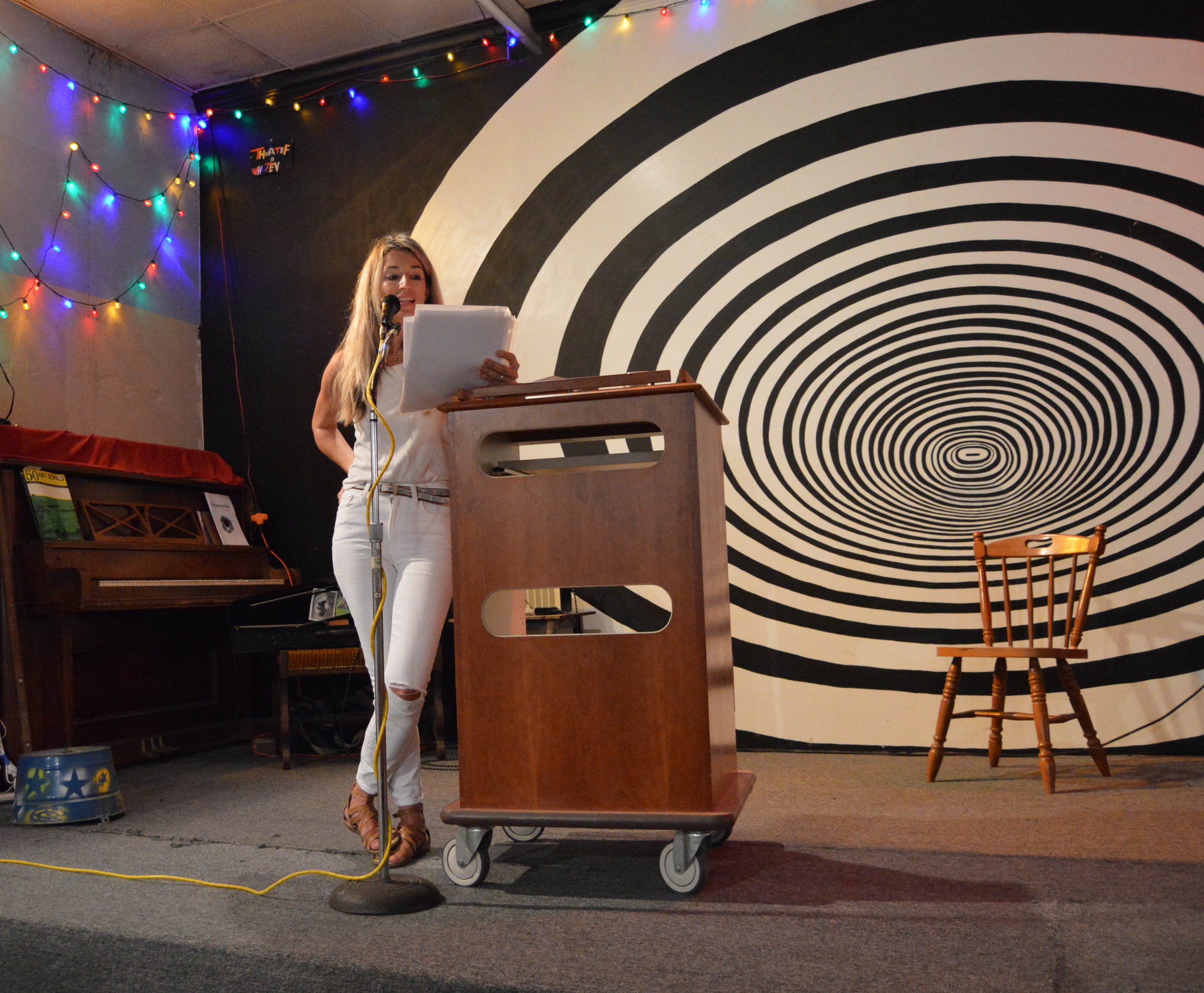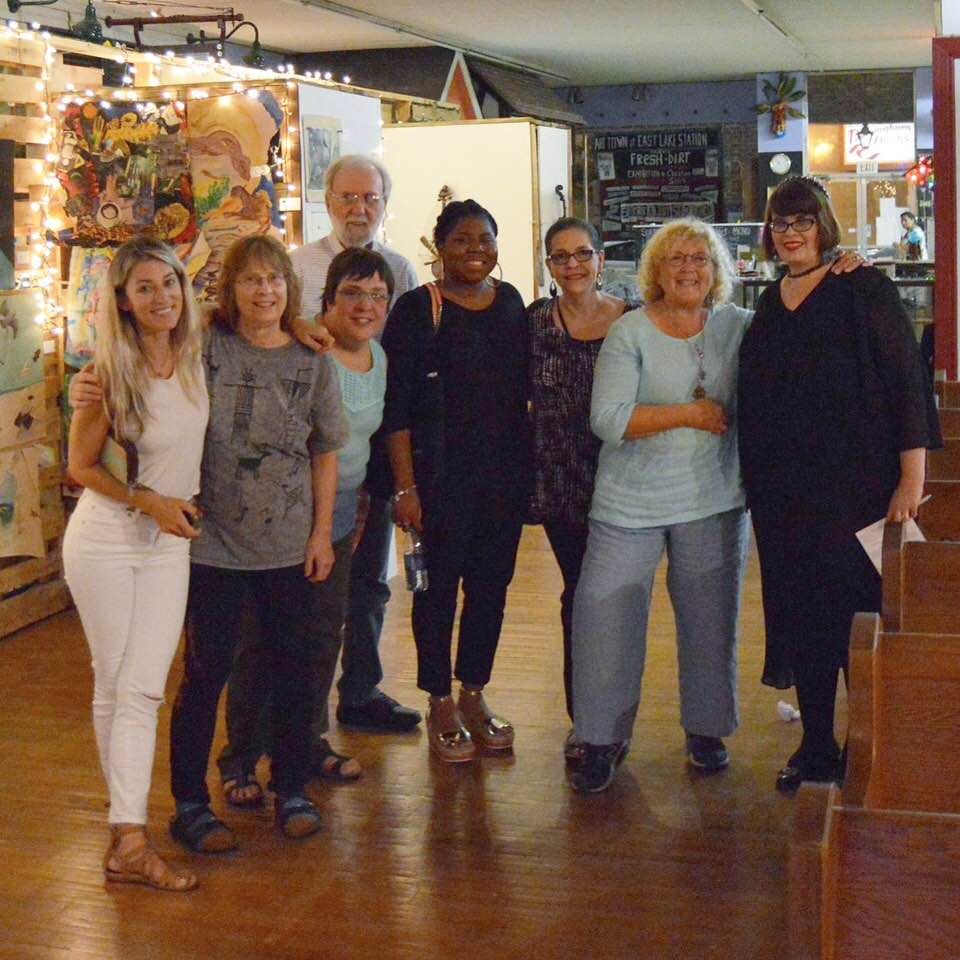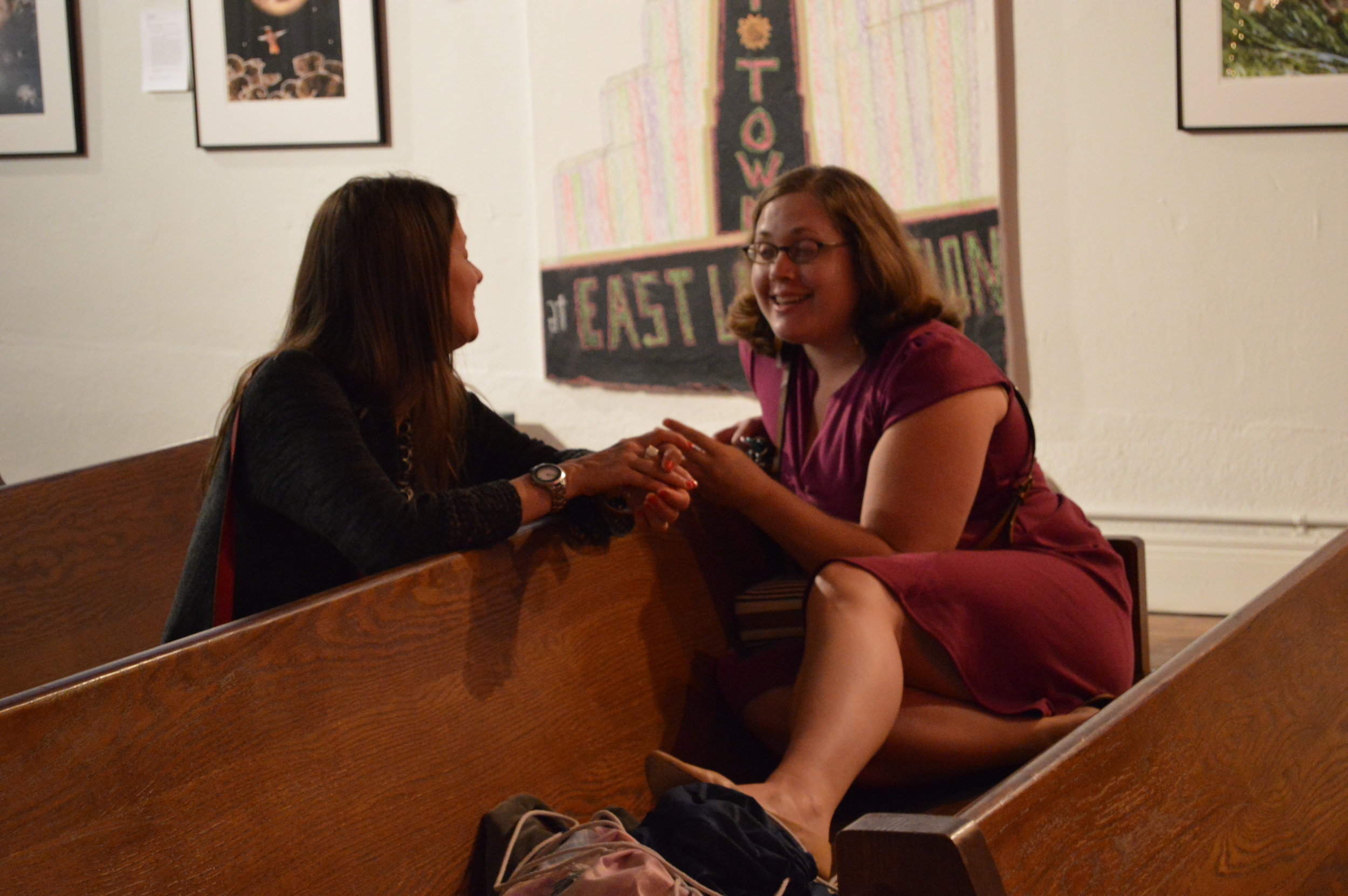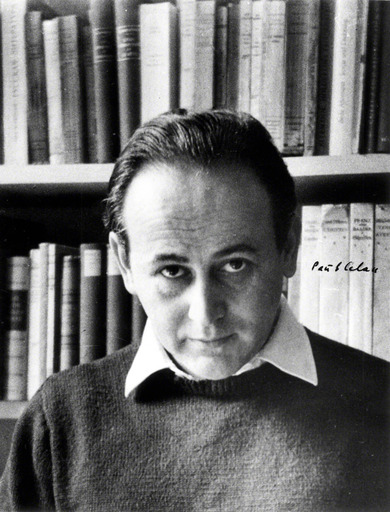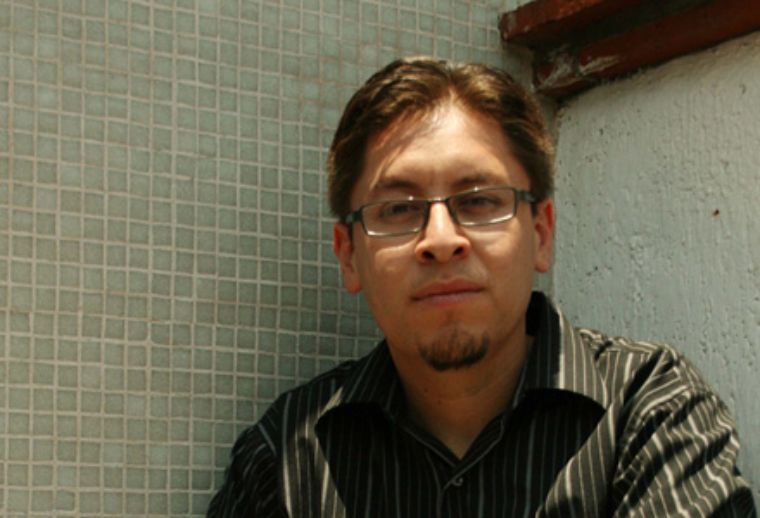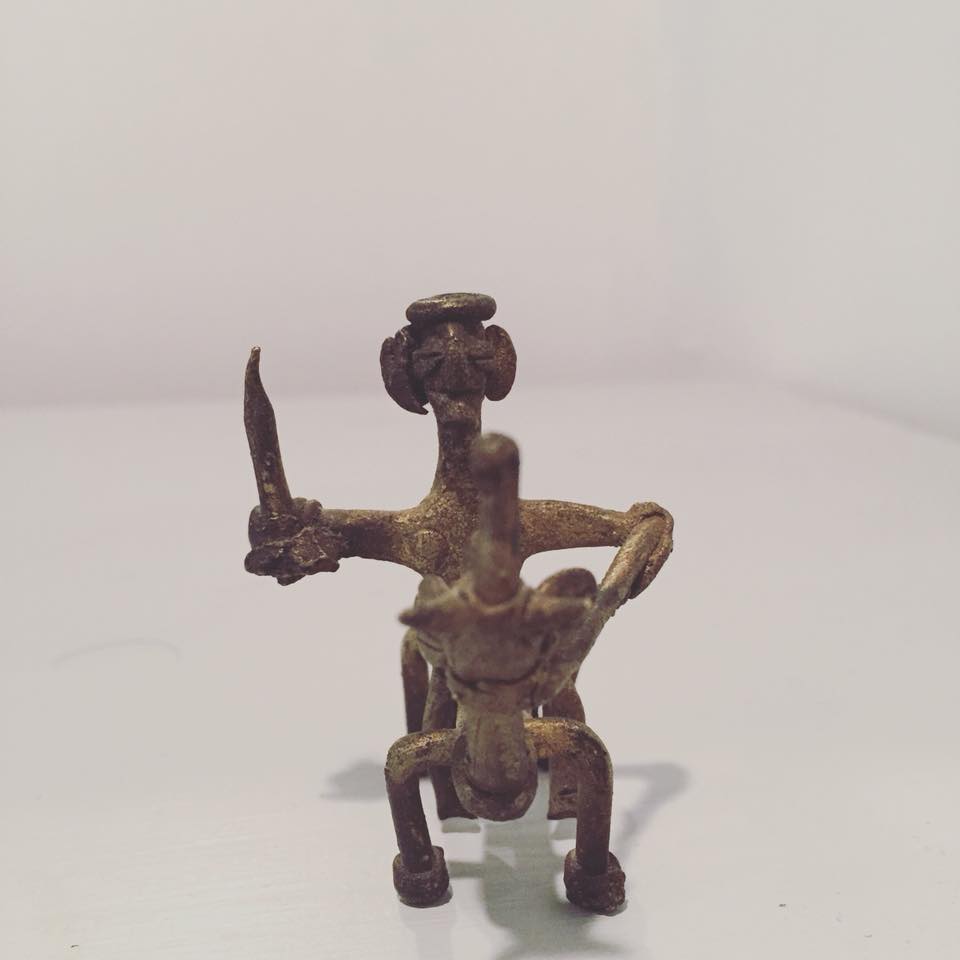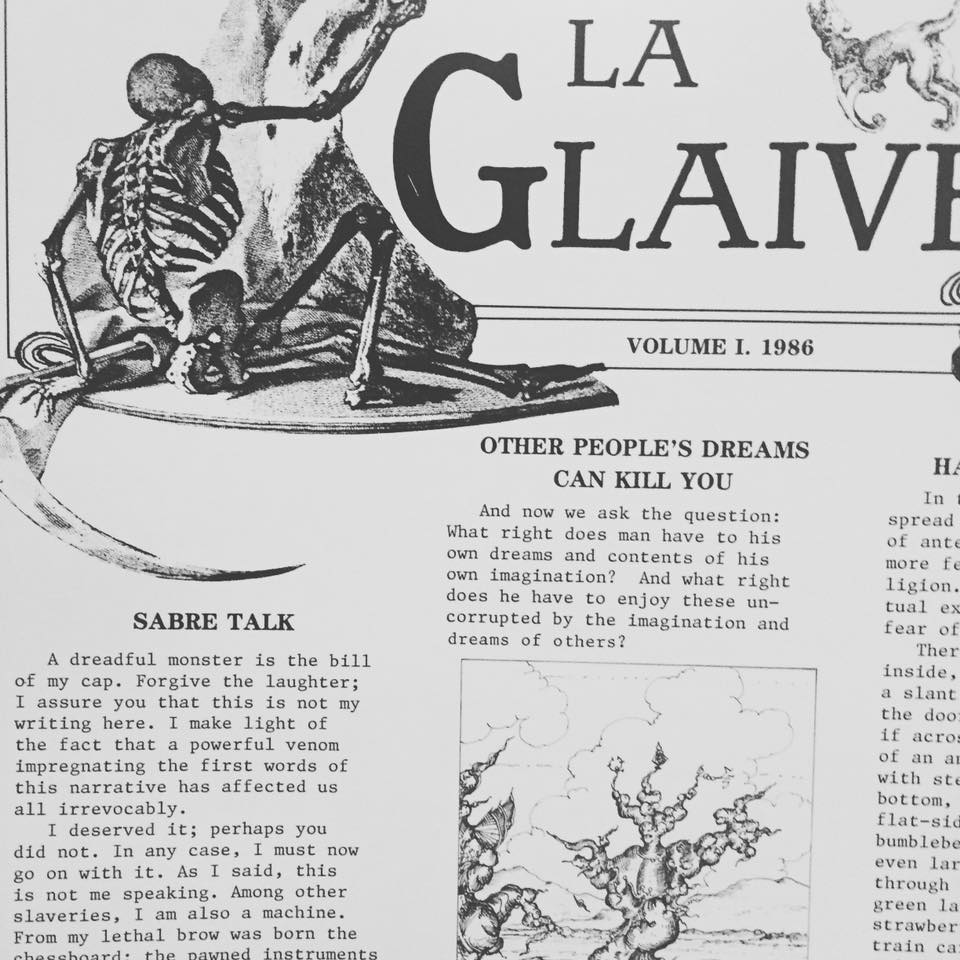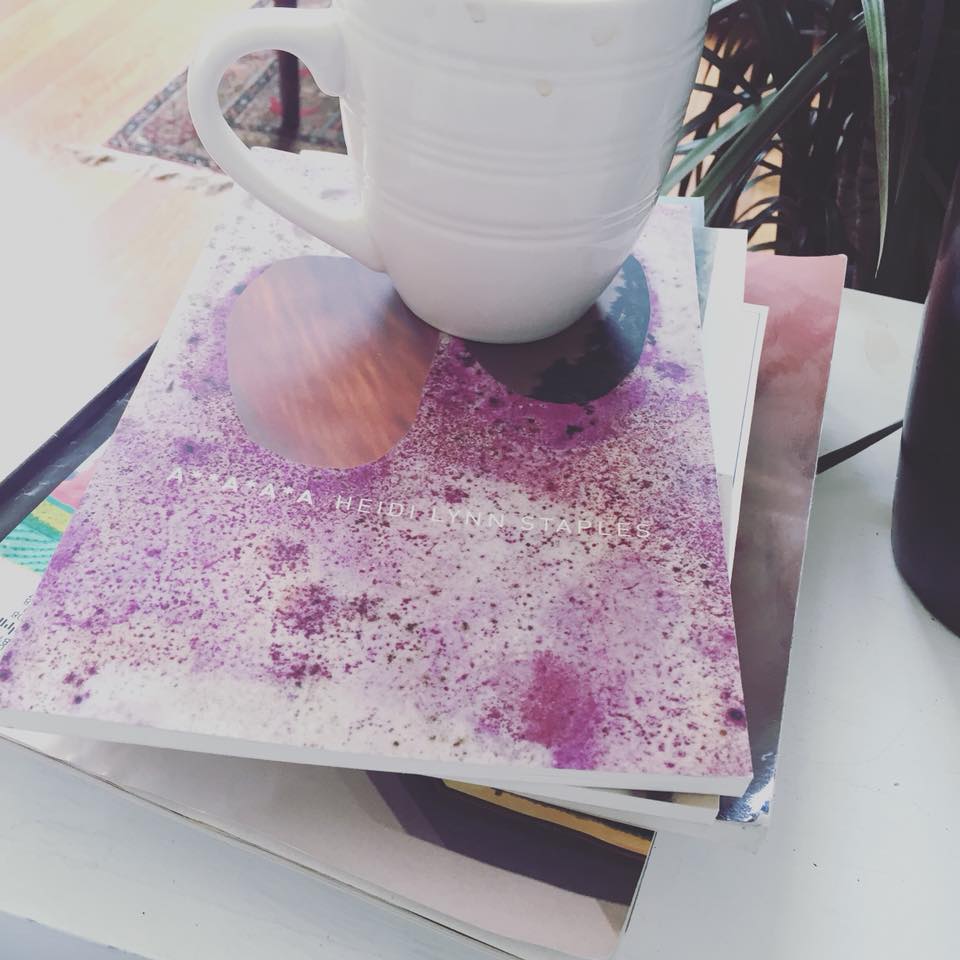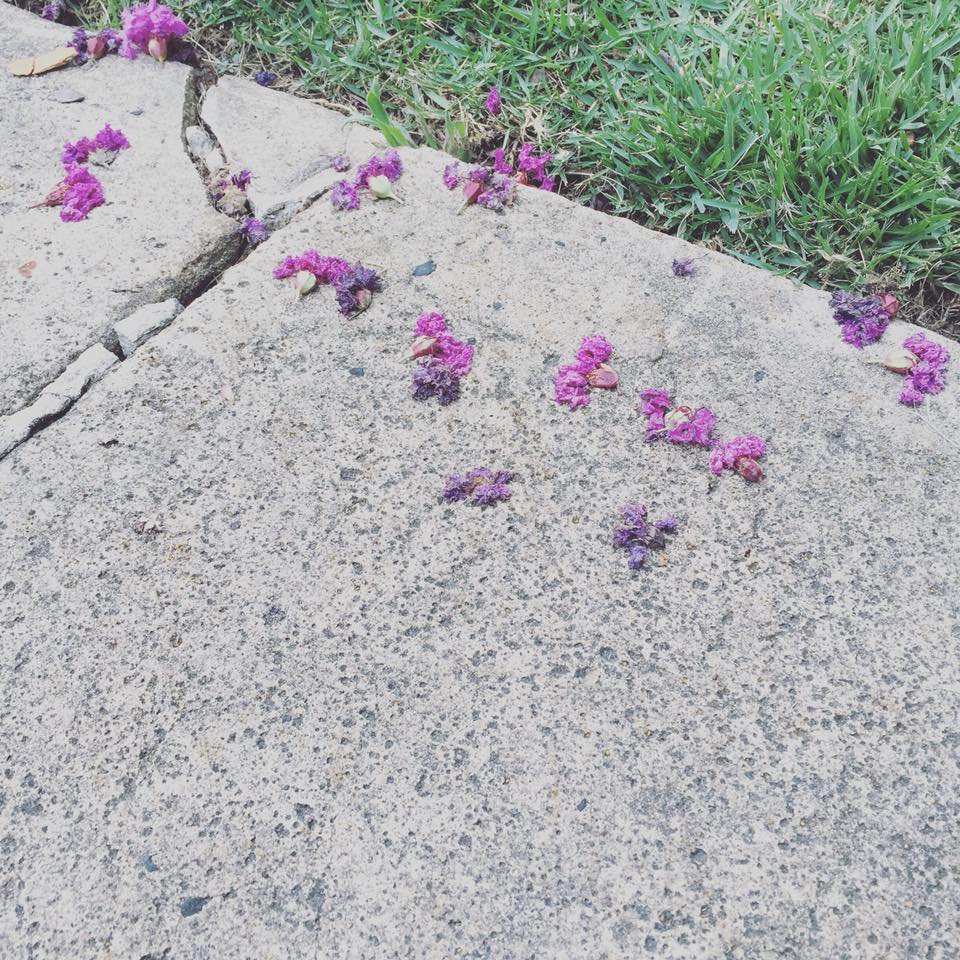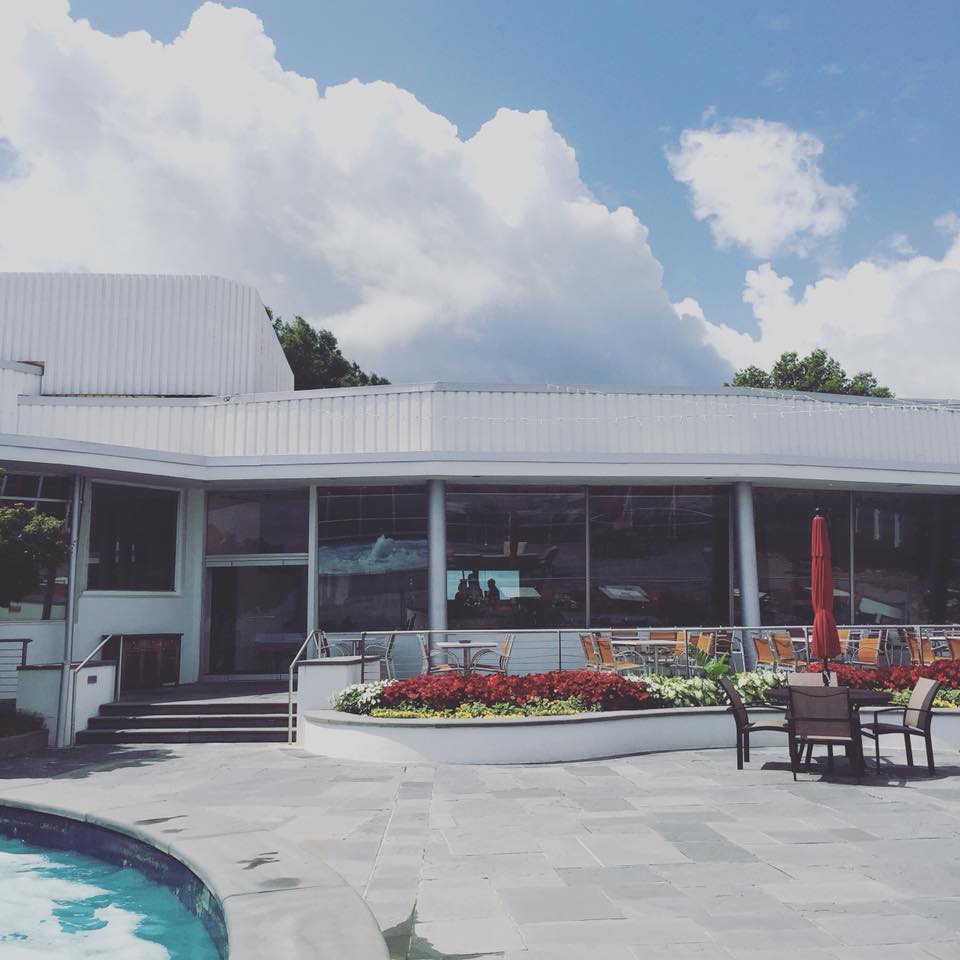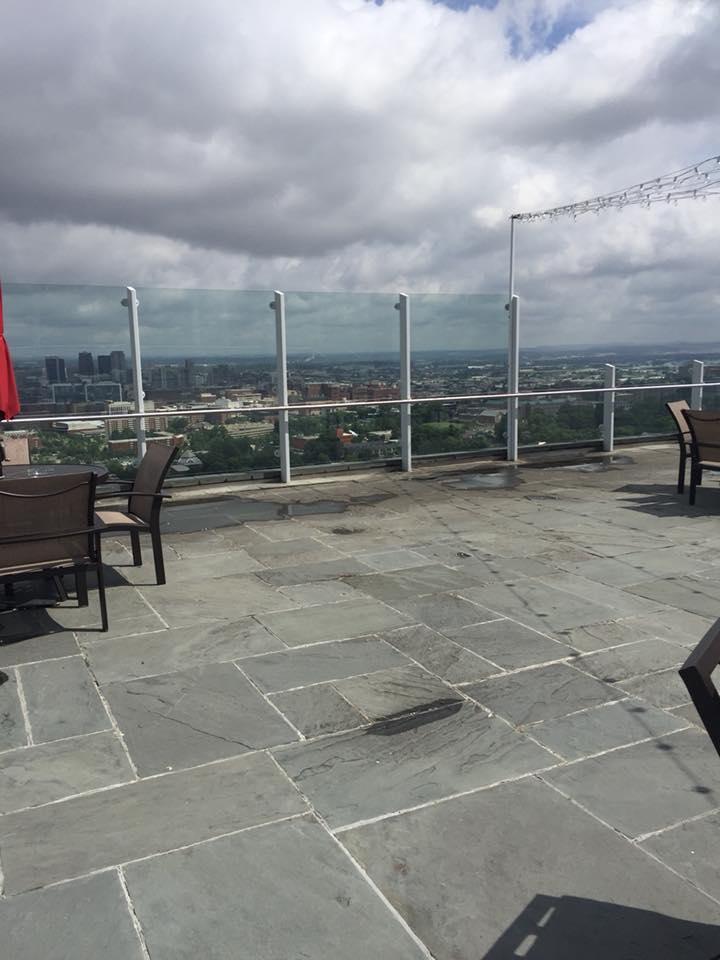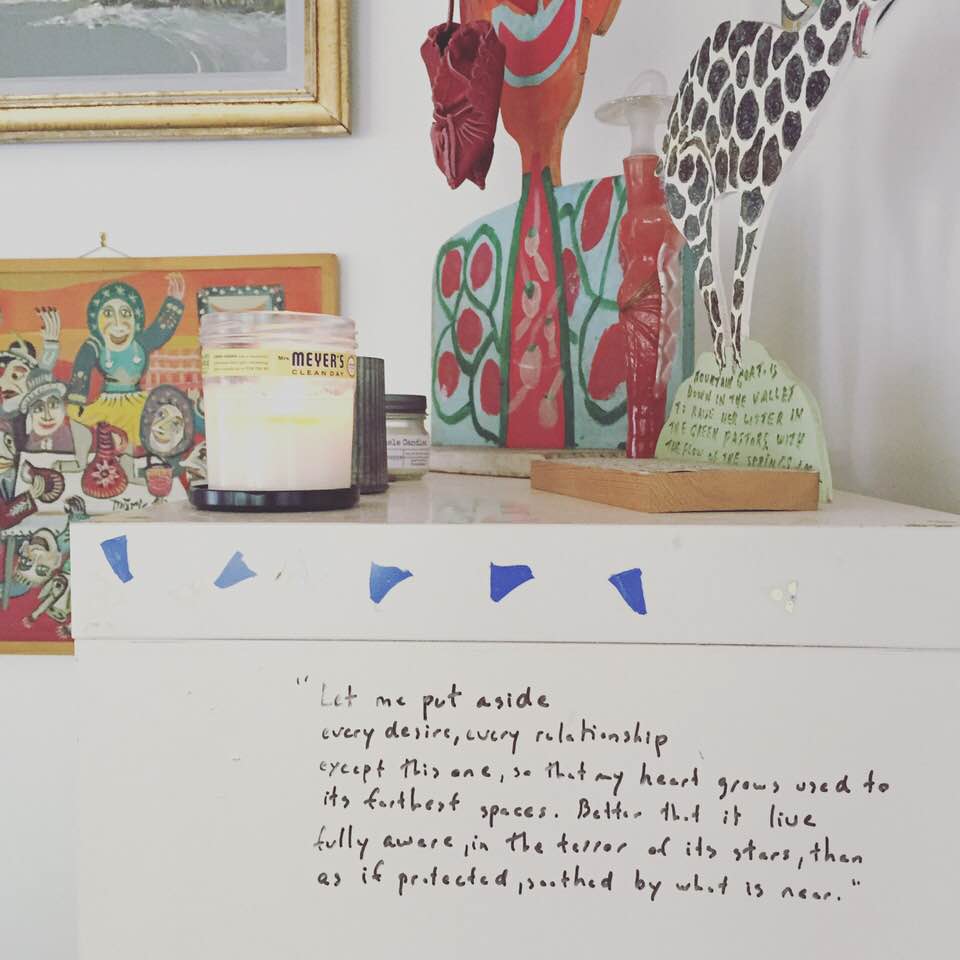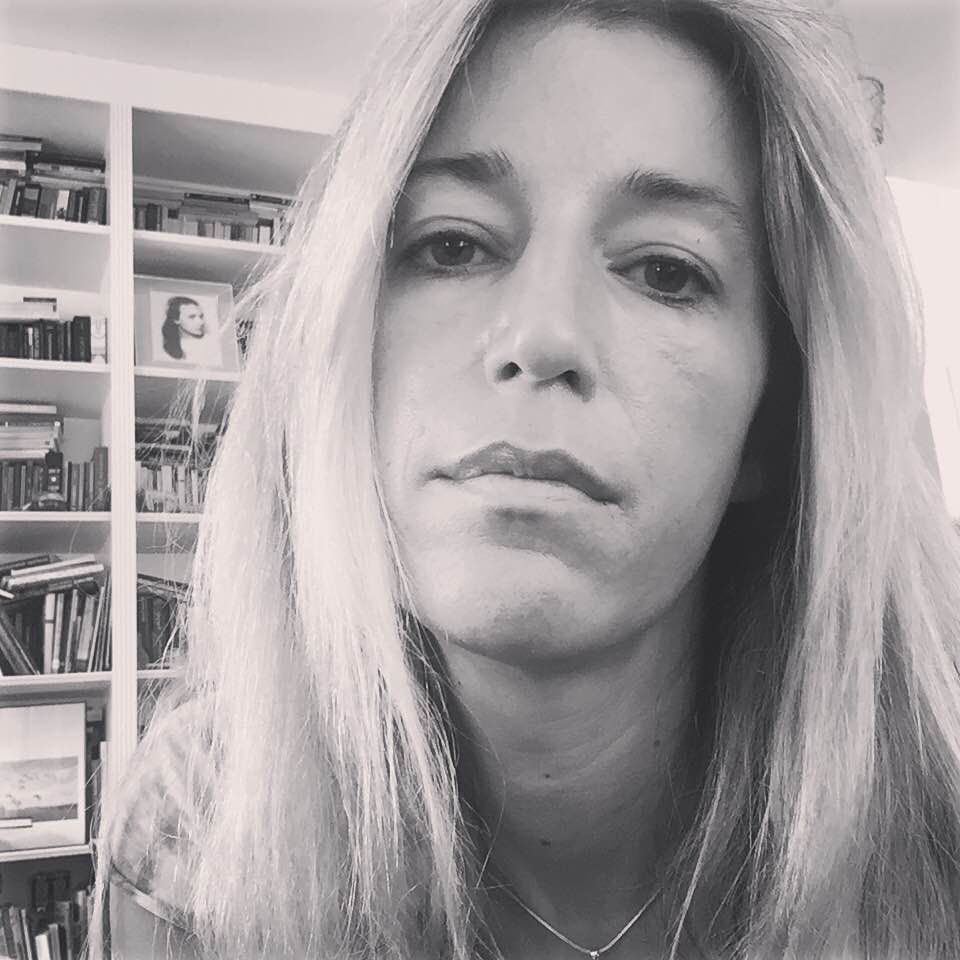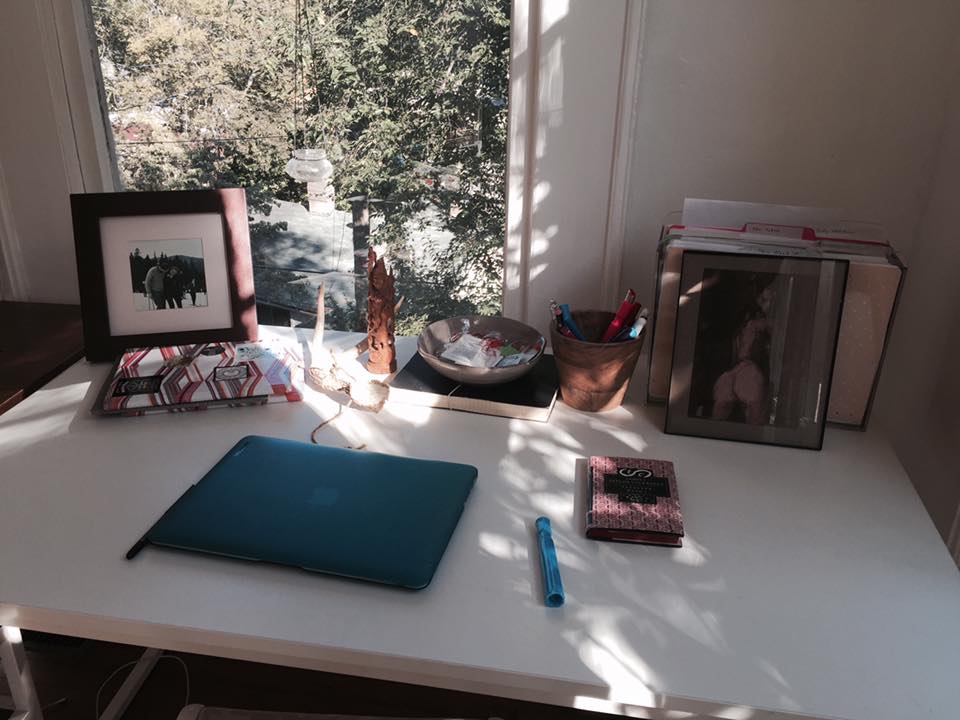Phantom Hour. By James Meetze. Boise, Idaho: Ahsahta Press, 2016. 83 pp. $18.00.
James Meetze's Phantom Hour embraces metaphysical uncertainty. In this collection which Meetze inscribes "for my father and for his memory", we encounter a poetics of amnesia and absent memory. The geography is immediate, located within the human body, its failings, and the mind which negotiates time through memory. Poetry becomes a vehicle to bear absence, to speak silence.
For the son who aims to paint a portrait of his father, dementia offers a heavy brush painting over the curves, erasing beloved details and particularities, obliterating perspective and light, leaving vague shapes and abstracted loss. "Memory is the architect of forgetfulness", but also the agent of preservation, the palette in which we hold one another captive, the curator of what is to come. The language reveals memory's antipodal nature, a back and forth, erase and rewind, interrupted by the way in which objects render the absence of memory palpable.
To convey this dizzying motion, Meetze makes use of form, alternating between lineated stanzas and lyric into heavy prose blocks.
This drifts between his father and memory of the person his father was when he had the ability to say it. The poems are his "profession":
to record the trail of our flesh: this.
When he offers "lyric as lineage", Meetze addresses his father as a son who writes in order to remember-- "to know the narrative of our blood." The flesh is a staging ground for embodied history, and the narrative of blood is filled with the stories of others:
I address myself in reference to what I remember.
This address includes multiple audiences-- the father he knew, the face behind the phantom, and the fear of ghosts dwelling in our own blood. While the science of genetic mapping can offer us new certainties about the origins of Alzheimer's, it provides no exorcism, no cure for genetic haunting. The phantom in the gene code-- this "genetic disposition"-- the science of what we cannot prevent. These are questions which others must answer for us. In our name.
Family history hides inside a surname-- "a noose", by Meetze's metaphor-- which renders us subjects, a place in our common past from which the serialized self is "hung", simultaneously extinguished and eulogized. Meetze seems to suggest that mythologies provide a way to incorporate the change and transform surprising events into safe, holy, untouchable spaces.
Want and story and loss inhabit me
speaking words aloud to make them real things.
The phantom hour is marked by the absence of the human and yet the memory which intervenes re-builds this absence into a physical fact, solid as "gray matter". Meetze's muse expands to include the mind itself, our place in that mind, the rituals of entry and exit. And the risk inherent in writing for phantoms.
Unlike automatic writing which transcribes the words of the absent, we are faced with the terror of possible forgery. Fear of forgetting, of wronging, of perverting, is present. Love tempts us to idealize our parents as parts of a usable past. This temptation lies in the hollows of Meetze's half-shades:
Look, ghost, you too are legend, madman
a stanza in our longer story.
The ethics of remembering hinges on this blurred boundary between remembering and rendering. When a body is rebuilt or re-membered, it is an approximation of an original, at best. We see this ethics at work in the construction of memorials and public monuments in which a certain valiant aspect of the memory is rendered solid and immovable.
The ghosts this poem is written for
are the ghosts of the poem.
Neuroscientific studies show memory to be a process of constant revision. Each time a particular memory is accessed, the mind rewrites and revises. The violation of lived reality is inescapable in the act of honoring the past. In Meetze's use, honor is not merely verbal but "perpetual condition". He juxtaposes the rigidity of his father's honor--its diligent manners, its formal gestures-- against the fluidity of memory itself.
Everything is not what we assume
and this is the problem; the body in this world
moves between challenges and finds its way
to that other world in which the ghosts say.
The saying and the said. the careful use of syntax to reverse expectation, as in the line: "The specters of our past are with us to say." Our loved ones cannot stay, Meetze acknowledges, while asserting a greater privilege, the possibility of "saying".
"Sacred to the memory" it says.
If only, like this, the mind
were a stone
and the story its engraver.
This distinction between saying and speaking is a fascinating ontological question which deserves further poetic treatment.
The liturgical aspects of poetic longing emerge in Meetze's interspersed incantations of holy words ("Here is the body, and here the blood."), and the pulse of fear released by careful caesura and lineation.
My prayer is narrative; it too is a form of song.
Those hold together everything we remember.
We abandon the chronological linearity of historical time to for the multiplicitous memories and associations of neurological time. How to deal with an end to our linear, earthly lives?
These questions are not meant to be answered.
I think existence hinges on our unknowing.
The poet's challenge is to acknowledge the awe in these questions rather than depict their tidy resolution. The tools of the human spirit, the poet's screws and hammers, have not kept pace with scientific discovery. We are left with the same broken techne:
When I asked, a caesura
where an answer should be.
This house could be.
You or I were not yet there, were,
in some small way, lacunae,
imagined in absentia.
Meetze's assertion--"I am nonlinear"-- dangles between response and proposition. This interstitial, in-betweening spirit is the poet's voice. Giving up the things we have memorized and known in exchange for the things we cannot believe-- the phantoms, the nonlinear time, the material insistence of placed objects-- we permit the memories to speak for themselves. Meetze acknowledges: "These memories comprise my council." But the council does not absolve us. We are left with the responsibility of reconciling our family histories in the larger context of current life.
Meetze flirts with Jean-Luc Godard's suggestion that art has no obligations to memory and no duty to render reality truthfully, since truth is an outcome inherent to the process of well-made art. Despite this implied freedom, the placed poet, the poet charged with family history, struggles with the intimacies of memory, or how it becomes a process of negotiation within families, a narrative woven and rewoven by different voices, a "we" that unthreads into separate strands:
No one wants
to be a river
more than we.
"Remember lest you be haunted" is the twentieth century's warning, the vestige of totalitarian regimes, gulags, and nationalisms. But Meetze remembers in order to be haunted, as if the haunted is one emboldened by courage to hunt forbidden images. The poet becomes the haunted hunter of memory. We trust him for being loyal to the memory rather than the world which makes use of it.
As the cycle winds down, Meetze returns to absence. Rather, he returns to the absentia of poetry:
The phantom is in the hour of the book, it is the book, and the work the words do in the absence of their author.
Though Meetze doubts his role as son, progenitor, and patriarch, he establishes his bearings in a poetic vice. His father did not trust the poet to tell a true story. Yet, when Alzheimer's arrives, it is the poet who is best equipped to bear this journey towards loss.
In the moving finale, Meetze gives his father permission expand the boundaries of what we see. A simple envoi for an unfathomable journey:
I hope it is sound.
Poised between wine and the blood, the invisible act is transubstantiation. This transubstantive space that lingers between the shadows of synapses is Meetze's lodestar. It is courageous, metaphysically transgressive-- utterly shameless in its sublimity.

